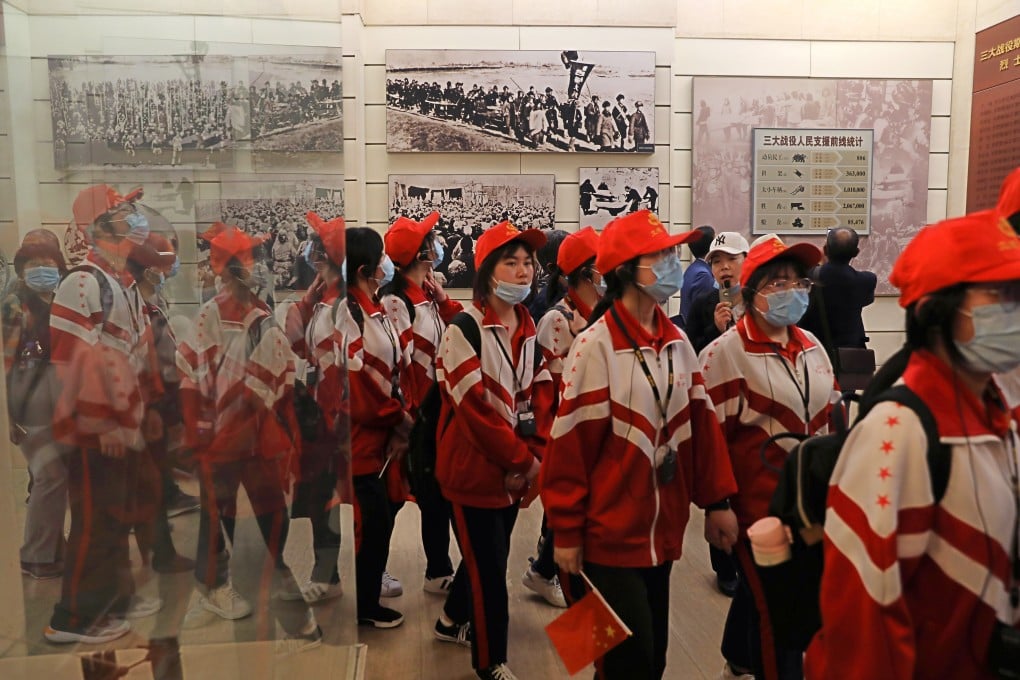Advertisement
Opinion | As China’s Communist Party marks its centenary, how will it portray its history?
- A history of the Chinese Communist Party should include the contributions of non-Chinese and acknowledge party critics, as well as celebrating the heroes through uplifting stories
Reading Time:3 minutes
Why you can trust SCMP
12

As the Chinese Communist Party celebrates its centenary, now is a good time to look at the uses and abuses of history.
On an immediately topical note, this month 100 years ago saw the first serious outbreak of communal violence between Arabs and Jews in Palestine. Arabs were incensed at Britain being given a League of Nations mandate to rule this former piece of the Ottoman Empire and at Britain’s promise in 1917 to make Palestine a “national home” for the Jewish people.
Then, only about 10 per cent of the population was Jewish. One hundred years of conflict now sees Israel, home to about 7.5 million Jews, controlling with a mix of laws, barricades and bombs about six million Arabs in Israel itself, the West Bank and Gaza.
Advertisement
The prospect of a two-state solution is almost dead, the prospects for peace and equality worse than ever. Israel’s strength is obvious but unconditional support from the United States is likely to wither as American priorities shift.

03:25
‘We lost everything’: Gazans pick up pieces after conflict between Israel and Hamas ends
‘We lost everything’: Gazans pick up pieces after conflict between Israel and Hamas ends
There are some parallels between Palestine and another trouble spot, Xinjiang. At the time of the 1949 revolution, the Han population of the province was about 10 per cent. Memories of attempts to establish a separate state, the Republic of East Turkestan, were still fresh.
Advertisement
Advertisement
Select Voice
Select Speed
1.00x
